In a recent interview, former University of Kentucky swimmer Riley Gaines voiced her strong opposition to transgender athlete Lia Thomas’ participation in women’s sports. Gaines, who tied with Thomas for fifth place in the 200-yard freestyle event at the 2022 NCAA Swimming Championships, has become a vocal advocate for women’s rights in sports since the controversial race.
Gaines and Thomas Tie at NCAA Championships
During the 2022 NCAA Swimming Championships, Riley Gaines and Lia Thomas finished the women’s 200-yard freestyle event with identical times of 1:43.40, tying for fifth place. However, the trophy for fifth place was awarded solely to Thomas, sparking a heated debate about the fairness of transgender athletes competing in women’s sports.
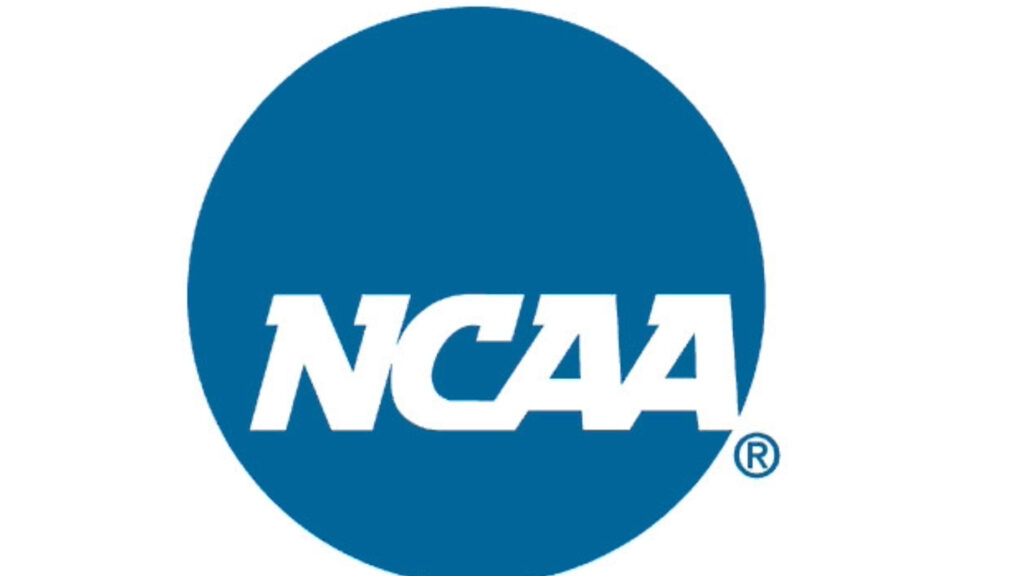
The controversy surrounding Thomas’ participation in women’s swimming events has garnered national attention, with many athletes, coaches, and advocates weighing in on the issue. Gaines has emerged as one of the most prominent voices in the debate, consistently arguing against allowing transgender women to compete against cisgender women.
Gaines: Thomas Displayed “Utter Disregard” for Women Athletes
In an interview with Sage Steele, Riley Gaines expressed her dissatisfaction with Lia Thomas’ actions, stating, “I would want him to know that his actions displayed an utter disregard for us, as women, which is, of course, what the women’s sporting category was created to protect and uphold and celebrate.”
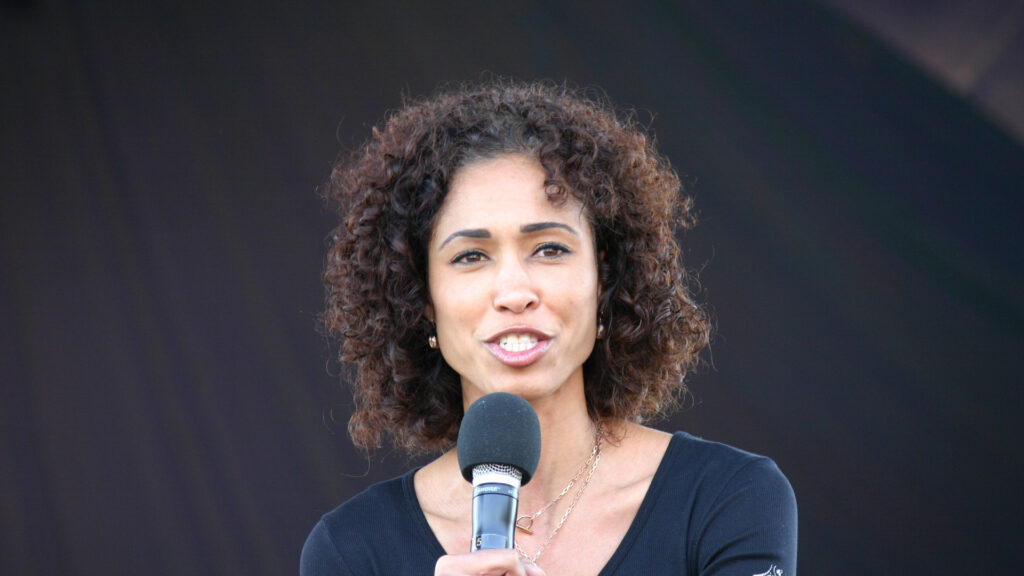
Gaines emphasized that while she harbors no animosity towards Thomas as an individual, she firmly believes that the rules allowing transgender women to compete in women’s sports are problematic. She maintains that despite Thomas following the current rules, the rules themselves need to change to ensure fair competition for cisgender women athletes.
No Animosity Towards Thomas, But Rules Need to Change
Despite her strong stance against transgender women competing in women’s sports, Riley Gaines clarified that she does not harbor any hatred towards Lia Thomas. “I would let him know that, look, I have no animosity towards him,” Gaines said. “I don’t. Like I don’t garner this hatred in my heart.”
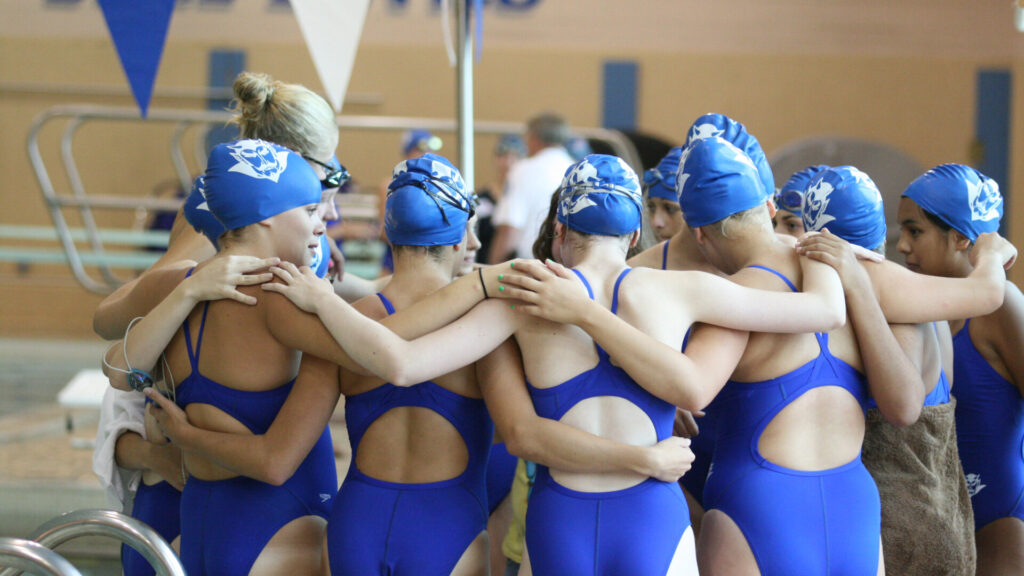
Gaines acknowledged that Thomas was following the existing rules, but she maintained that the rules themselves were the root of the problem. She expressed her willingness to have an open conversation with Thomas, encouraging them to live their life while also making it clear that she does not support or affirm their participation in women’s sports.
Gaines Urges Athletes to Take Action Ahead of NCAA Meeting
As the NCAA prepares for a crucial meeting to address the issue of transgender athletes in women’s sports, Riley Gaines has called upon athletes, former athletes, and parents to make their voices heard. She urged them to send emails to the NCAA, expressing their concerns and experiences related to the impact of allowing transgender women to compete against cisgender women.

Gaines highlighted the recent decision by the National Association of Intercollegiate Athletics (NAIA) to ban transgender athletes from competing in all NAIA women’s meets, which passed with a unanimous 25-0 vote. She believes this sets a precedent for the NCAA to follow suit and protect the integrity of women’s sports.
NAIA’s Unanimous Decision to Ban Transgender Athletes
The National Association of Intercollegiate Athletics (NAIA) recently made headlines when they voted overwhelmingly in support of preventing transgender women from competing in women’s sports. The decision was met with a 25-0 vote, sending a strong message about the organization’s stance on the issue.
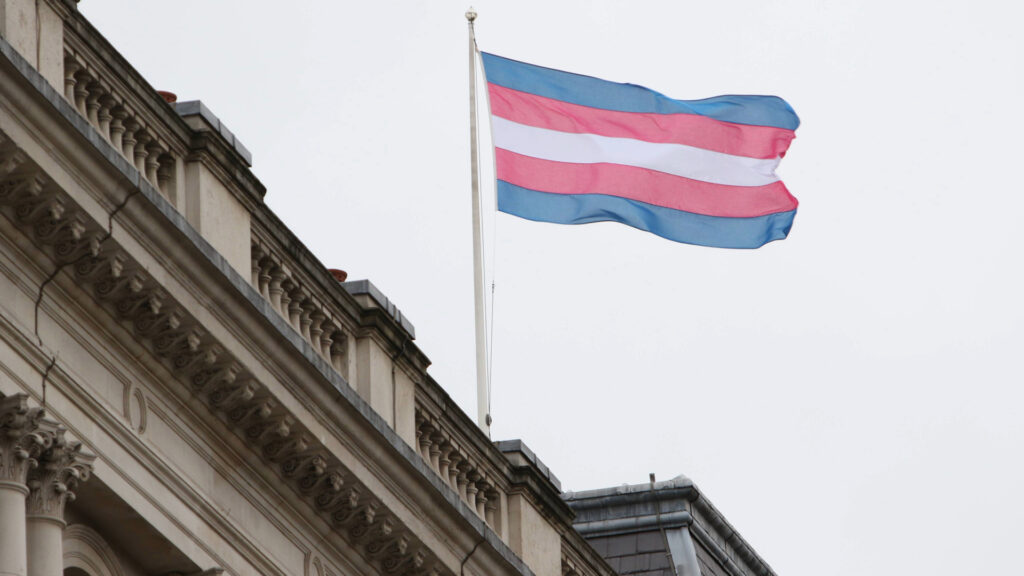
Riley Gaines pointed to the NAIA’s decision as an example of the action needed to ensure fair competition for cisgender women athletes. She emphasized the importance of the NCAA following suit and implementing similar policies to protect the rights and opportunities of women in sports.
The Importance of Athlete and Parent Involvement
Gaines stressed the crucial role that athletes, former athletes, and parents play in shaping the NCAA’s decision on transgender participation in women’s sports. She encouraged them to actively engage in the conversation by sending emails to the NCAA and sharing their personal experiences and concerns.

By inundating the NCAA with emails from those directly impacted by the current policies, Gaines believes that the organization will be compelled to take action and implement changes that prioritize fairness and protect the integrity of women’s sports.
The Ongoing Debate Surrounding Transgender Athletes
The participation of transgender athletes in women’s sports has been a topic of heated debate in recent years. Supporters argue that transgender women should have the right to compete in the category that aligns with their gender identity, while opponents maintain that biological differences give transgender women an unfair advantage over cisgender women.
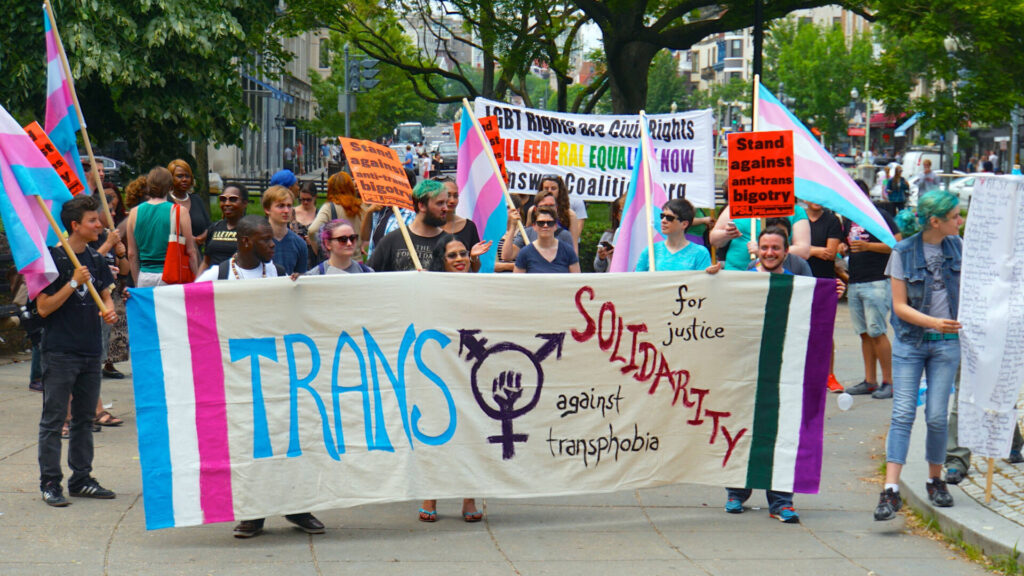
As the debate continues, organizations like the NCAA are faced with the challenge of creating policies that balance inclusion and fairness. The upcoming NCAA meeting is expected to be a pivotal moment in determining the future of transgender participation in women’s collegiate sports.
The Importance of Preserving Women’s Sports
Advocates for women’s rights in sports, like Riley Gaines, argue that allowing transgender women to compete against cisgender women undermines the very purpose of having separate categories for men’s and women’s sports. They believe that the physical advantages that transgender women may possess can lead to an uneven playing field and diminish opportunities for cisgender women athletes.
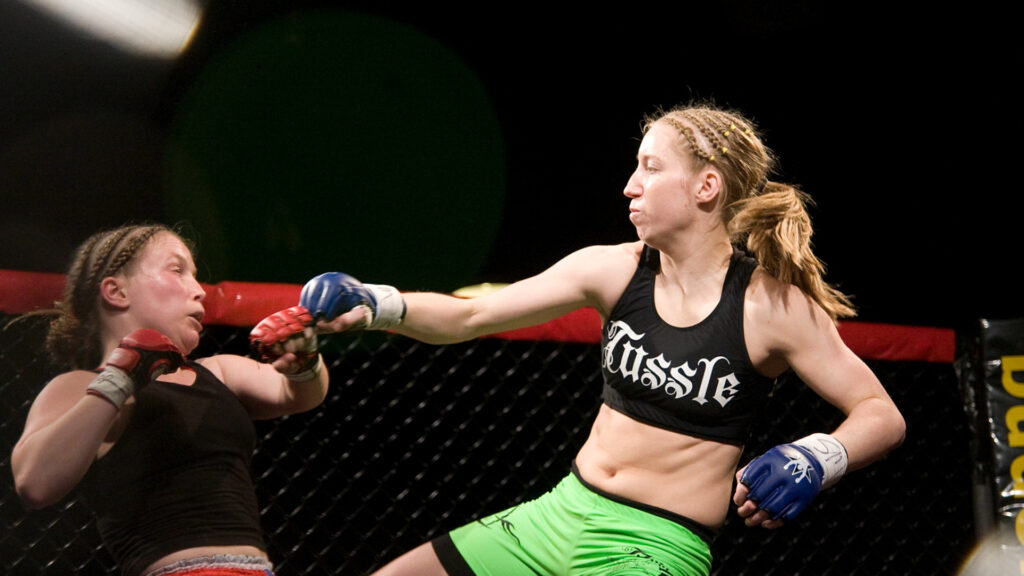
Gaines and others who share her views emphasize the need to protect the progress made in women’s sports over the years. They argue that allowing transgender women to compete in women’s categories could erode the hard-fought gains in terms of recognition, funding, and opportunities for cisgender women athletes.
The Need for Inclusive Solutions
While the debate surrounding transgender athletes in women’s sports remains contentious, many advocates on both sides of the issue recognize the need for inclusive solutions that respect the rights and dignity of all athletes. Some have suggested the creation of separate categories for transgender athletes or the implementation of more nuanced eligibility criteria based on factors such as hormone levels and transition timelines.

Finding a balance between inclusion and fairness is a complex challenge that requires open dialogue, scientific research, and a willingness to consider multiple perspectives. As the NCAA and other sports organizations navigate this issue, it is crucial that the voices of all stakeholders, including transgender athletes, cisgender women athletes, and experts in the field, are heard and considered.
The Role of Sports in Promoting Equality
Sports have long been a platform for promoting equality, breaking down barriers, and challenging societal norms. The inclusion of transgender athletes in women’s sports is part of a broader conversation about gender identity, human rights, and the evolving understanding of what it means to be a woman in today’s society.

While the current debate may be focused on the specific issue of transgender participation in women’s sports, it is important to recognize the broader context in which this conversation is taking place. Sports have the power to bring people together, foster understanding, and drive social change, and we must approach this issue with empathy, respect, and a commitment to finding solutions that work for everyone.
The Need for Education and Understanding
One of the key challenges in the debate surrounding transgender athletes in women’s sports is the lack of understanding and education about transgender identities and experiences. Many people may not be familiar with the science behind gender transition or the personal struggles that transgender individuals face in their daily lives.

To foster a more productive and respectful dialogue, we must prioritize education and awareness-raising efforts. This can include providing resources and training for athletes, coaches, and administrators, as well as promoting public awareness campaigns that challenge stereotypes and misconceptions about transgender individuals.
The Importance of Respectful Dialogue
As the debate surrounding transgender athletes in women’s sports continues, all parties must engage in respectful and constructive dialogue. While opinions may differ, it is important to remember that at the heart of this issue are real people with real experiences and emotions.

Riley Gaines’ comments about Lia Thomas, while expressing her strong opposition to transgender participation in women’s sports, also emphasize the importance of treating individuals with respect and avoiding personal animosity. By approaching this issue with empathy, open-mindedness, and a willingness to listen to others, we can work towards finding solutions that prioritize fairness, inclusion, and the well-being of all athletes.
The Future of Women’s Sports
As the NCAA and other sports organizations grapple with the issue of transgender participation in women’s sports, the decisions made in the coming months and years will have a significant impact on the future of women’s athletics. The outcome of this debate will not only affect the lives of individual athletes but also shape the broader landscape of women’s sports for generations to come.
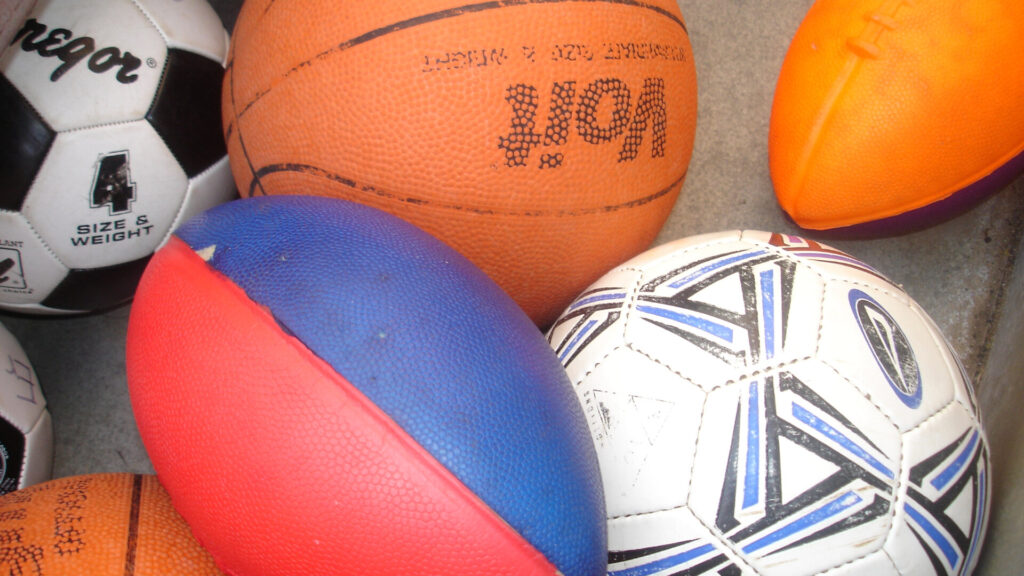
Any policies or guidelines developed to address this issue must be based on scientific evidence, input from experts in the field, and the experiences of those most directly impacted. By working together to find solutions that prioritize fairness, inclusion, and the integrity of women’s sports, we can create a future in which all athletes have the opportunity to compete and succeed on a level playing field.






GIPHY App Key not set. Please check settings